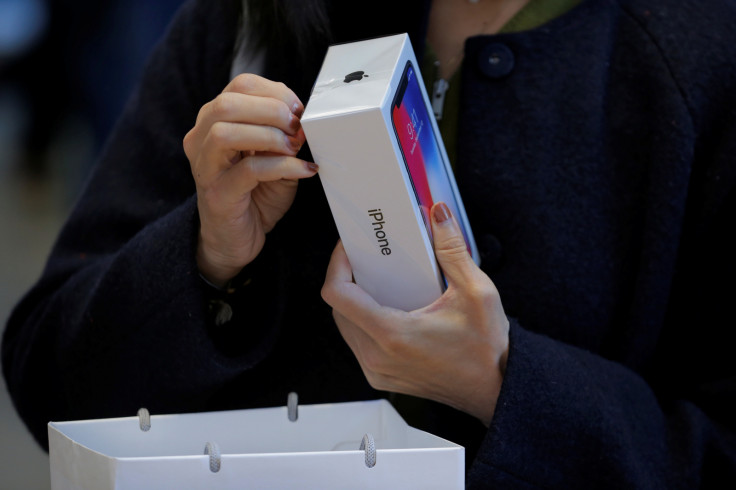Apple's iPhone XR is a hit in Europe
The Mac maker's most affordable 2018 model was the top-selling smartphone in the U.K. in the first quarter.
Few new iPhones have seen the same level of controversy and skepticism Apple's (NASDAQ:AAPL) iPhone XR has experienced. After a slew of negative reports regarding the iPhone XR's sales performance, the company defended the product as the most popular iPhone on numerous occasions. Third-party researcher Consumer Intelligence Research Partners estimated that the iPhone XR was indeed the most popular model in the fourth quarter.
Another researcher is now similarly backing up that assessment.
iPhone XR was the best-selling smartphone in the U.K.
Kantar Worldpanel ComTech has put out its most recent estimates on the smartphone market in several key geographies for the first quarter. The iPhone XR is a hit in Europe, outselling the higher-end iPhone XS and XS Max combined. In a statement, Kantar Global Director Dominic Sunnebo said:
iPhone XR was a strong performer for Apple this quarter, outselling the combined iPhone XS and iPhone XS Max in Europe and claiming the title of the best-selling model in Great Britain. In Europe, iPhone XR and iPhone XS/Max models both play an important role in managing Apple's base -- 16 percent of XS and XS Max buyers upgraded from an iPhone X, compared to less than 1% of iPhone XR buyers. As Smartphone prices rise rapidly, iPhone XR provides Apple with a way to keep its customers with older models continuing to upgrade regularly, and less tempted by the competition.
Kantar estimates that the iPhone XR represented 10 percent of all smartphones sold in the U.S. in the first quarter. Motorola has been able to steadily expand its position in the U.S., reaching its highest market share in three years of 6.6 percent. Those gains seem to be at the expense of manufacturers like LG, which hit a three-year low of 9.5 percent share, according to the report.
Android still expectedly dominates the landscape overall, with iOS losing 2 percentage points of market share in the five largest European markets. Apple's share fell to 20.1 percent while Alphabet subsidiary Google's expanded to 79.3 percent. Apple has been facing numerous challenges in China, one of its most important markets. iOS market share fell by just 40 basis points, which actually isn't that bad considering the fact that local rivals like Xiaomi and Huawei have been upping their game in recent years with strong offerings at compelling price points.

Speaking of pricing, Apple's iPhone average selling prices (ASPs) in China fell 2 percent in the first quarter, while the rest of the market saw prices jump 5 percent on average. "This has helped cushion Apple from competitive pressure," Kantar writes. Apple has been cutting prices in the Middle Kingdom all year in an effort to improve its competitiveness, and CEO Tim Cook said in Januarythat the company is absorbing foreign currency fluctuations in order to stabilize local prices.
This article originally appeared in The Motley Fool.
Suzanne Frey, an executive at Alphabet, is a member of The Motley Fool's board of directors. Evan Niu, CFAowns shares of Apple. The Motley Fool owns shares of and recommends GOOG, GOOGL, and Apple. The Motley Fool has the following options: long January 2020 $150 calls on Apple and short January 2020 $155 calls on Apple. The Motley Fool has a disclosure policy.





















